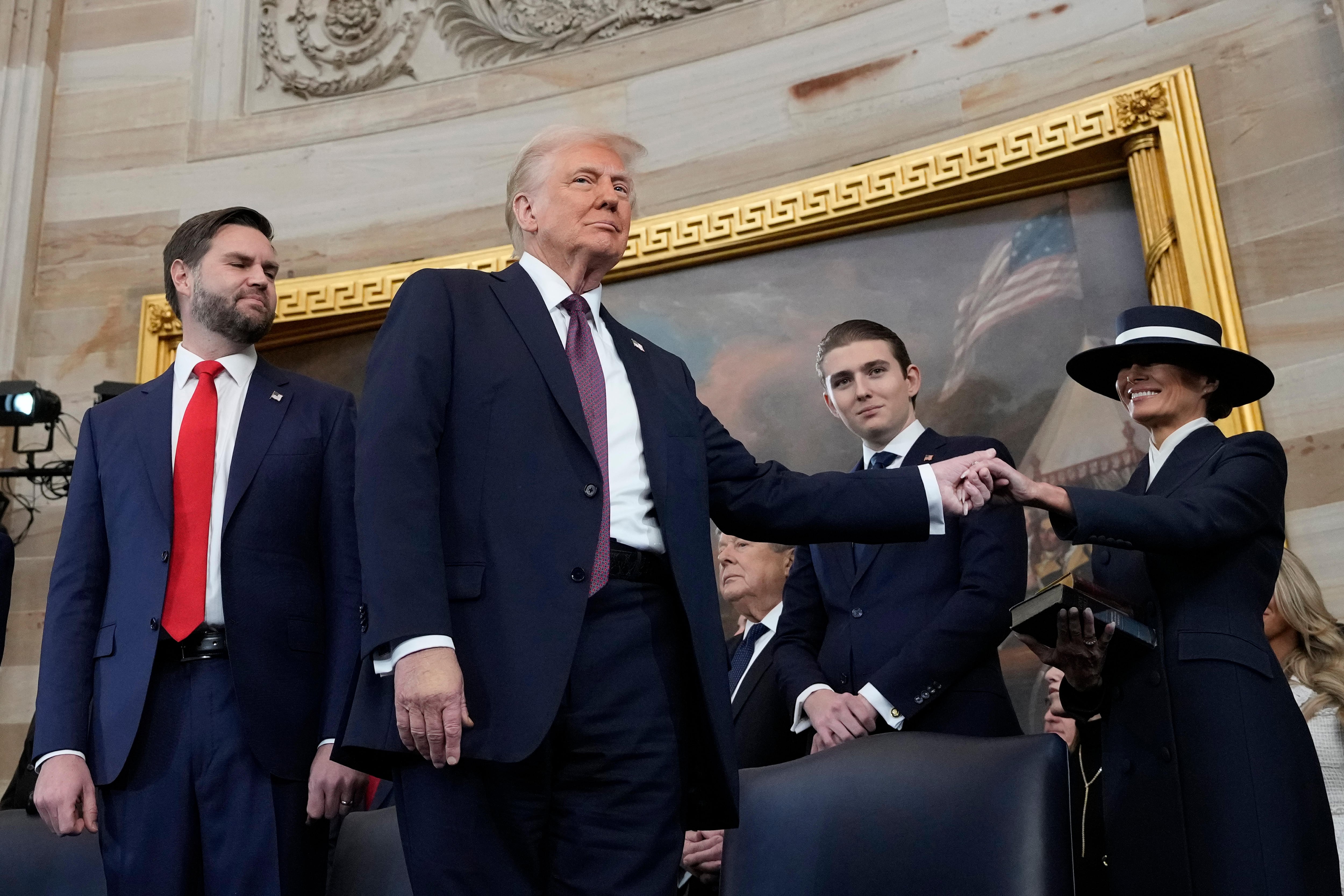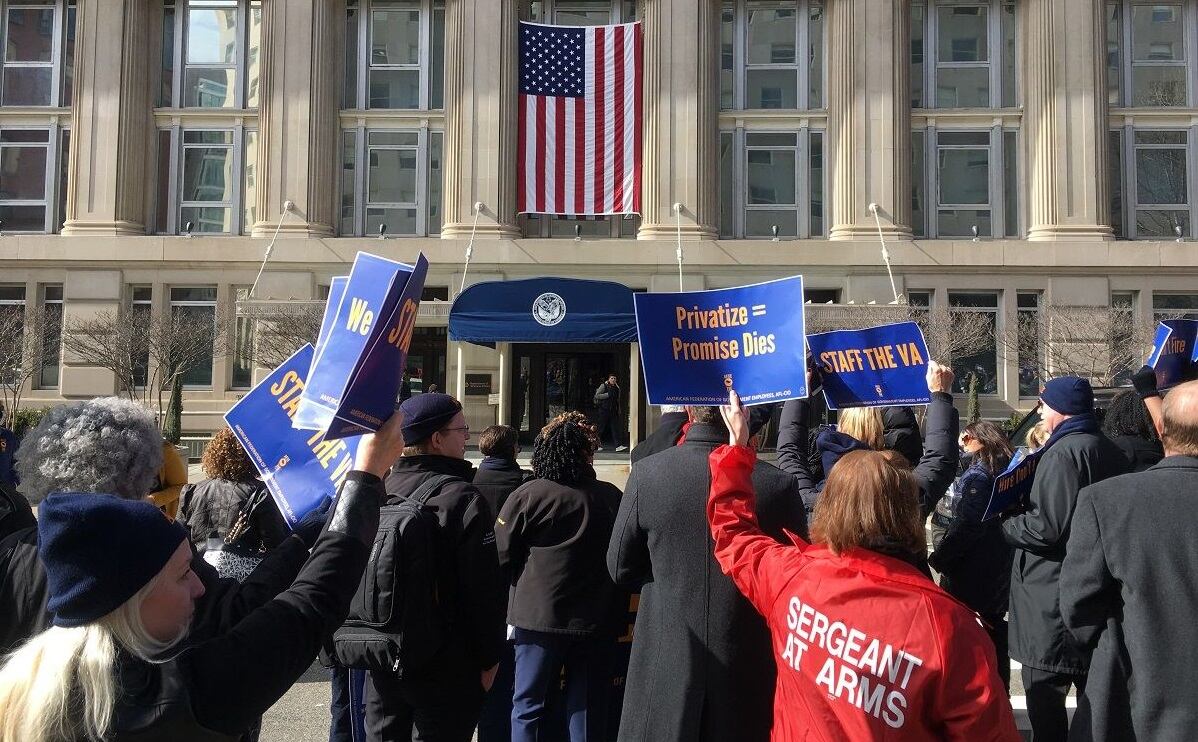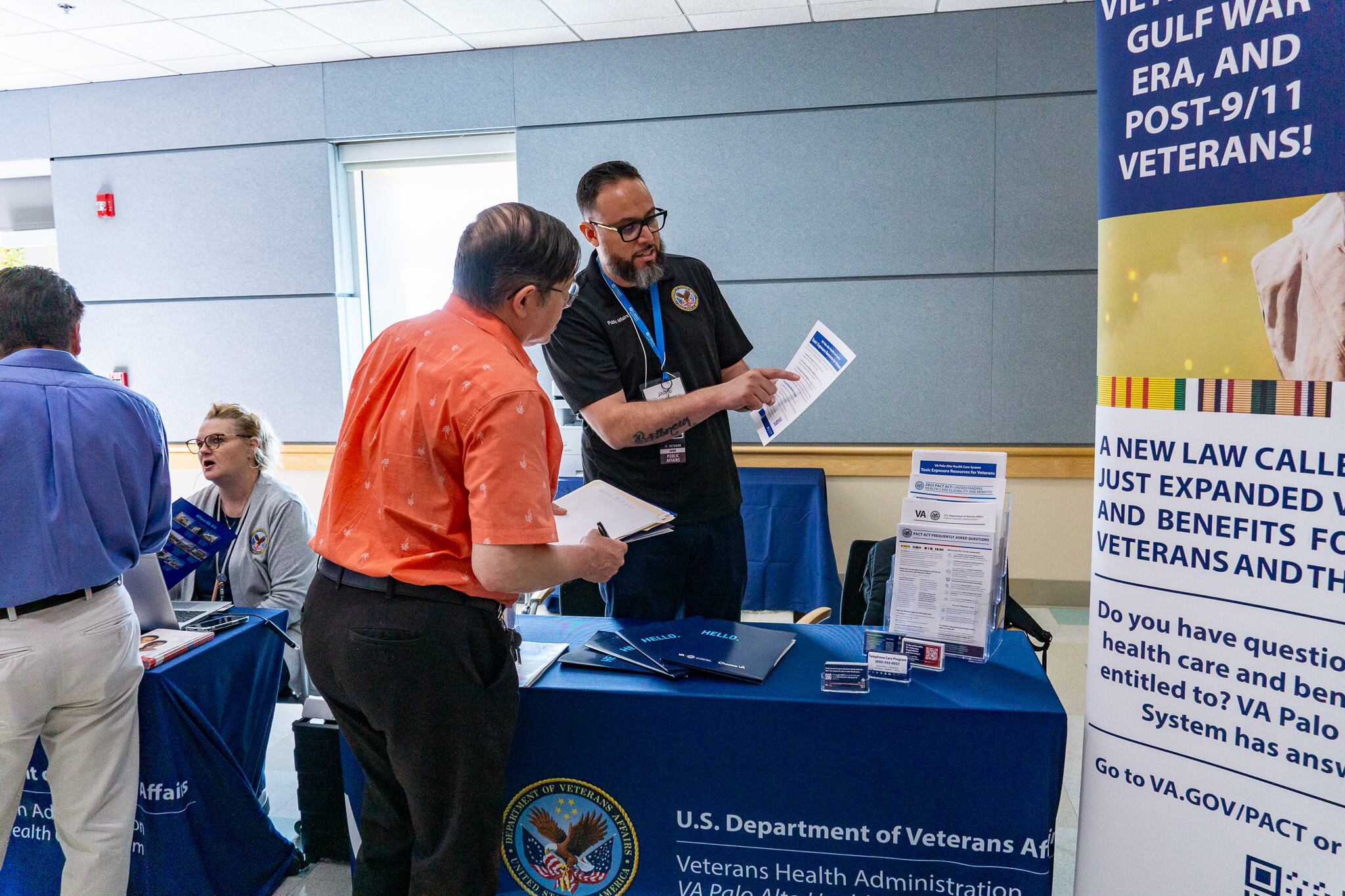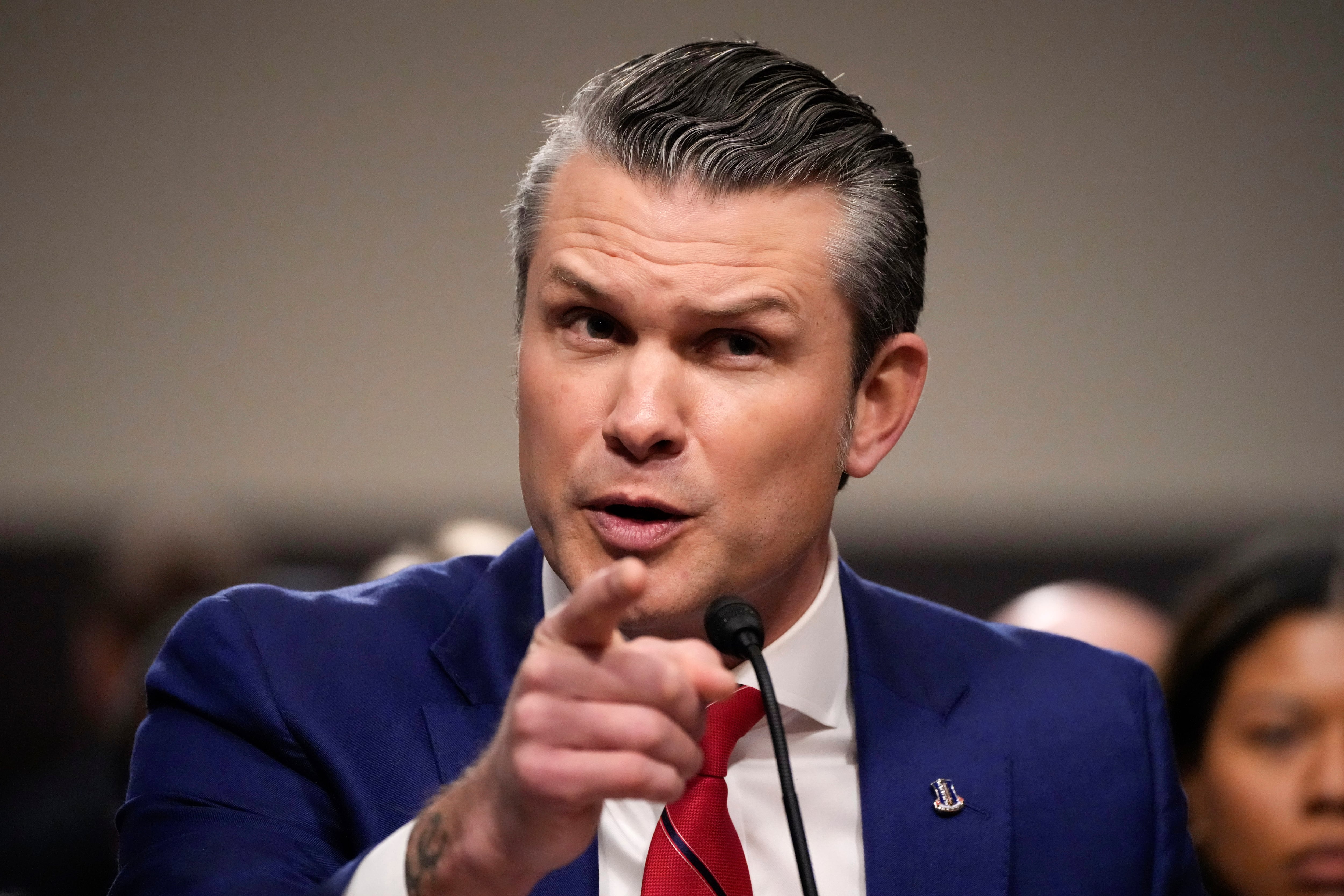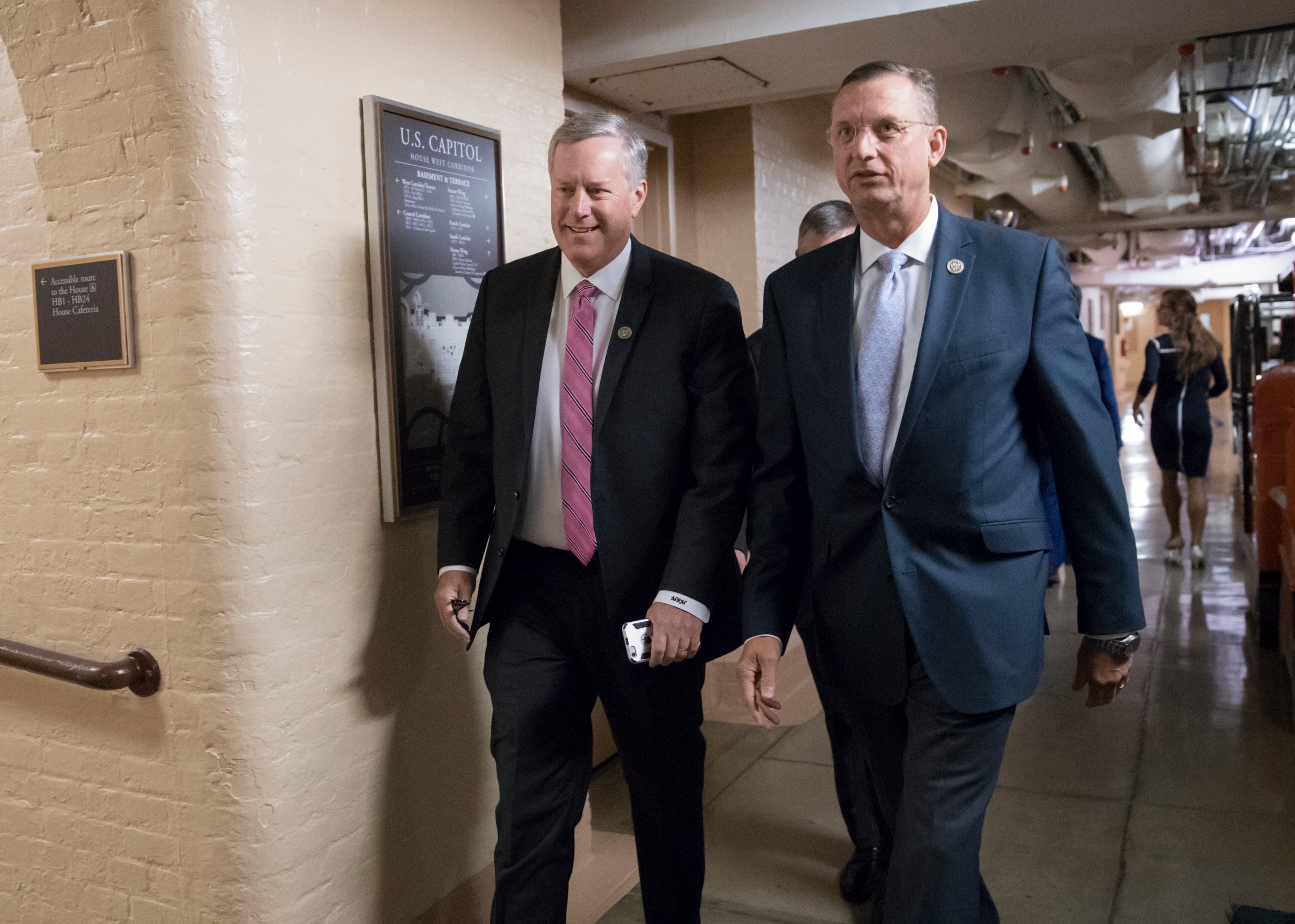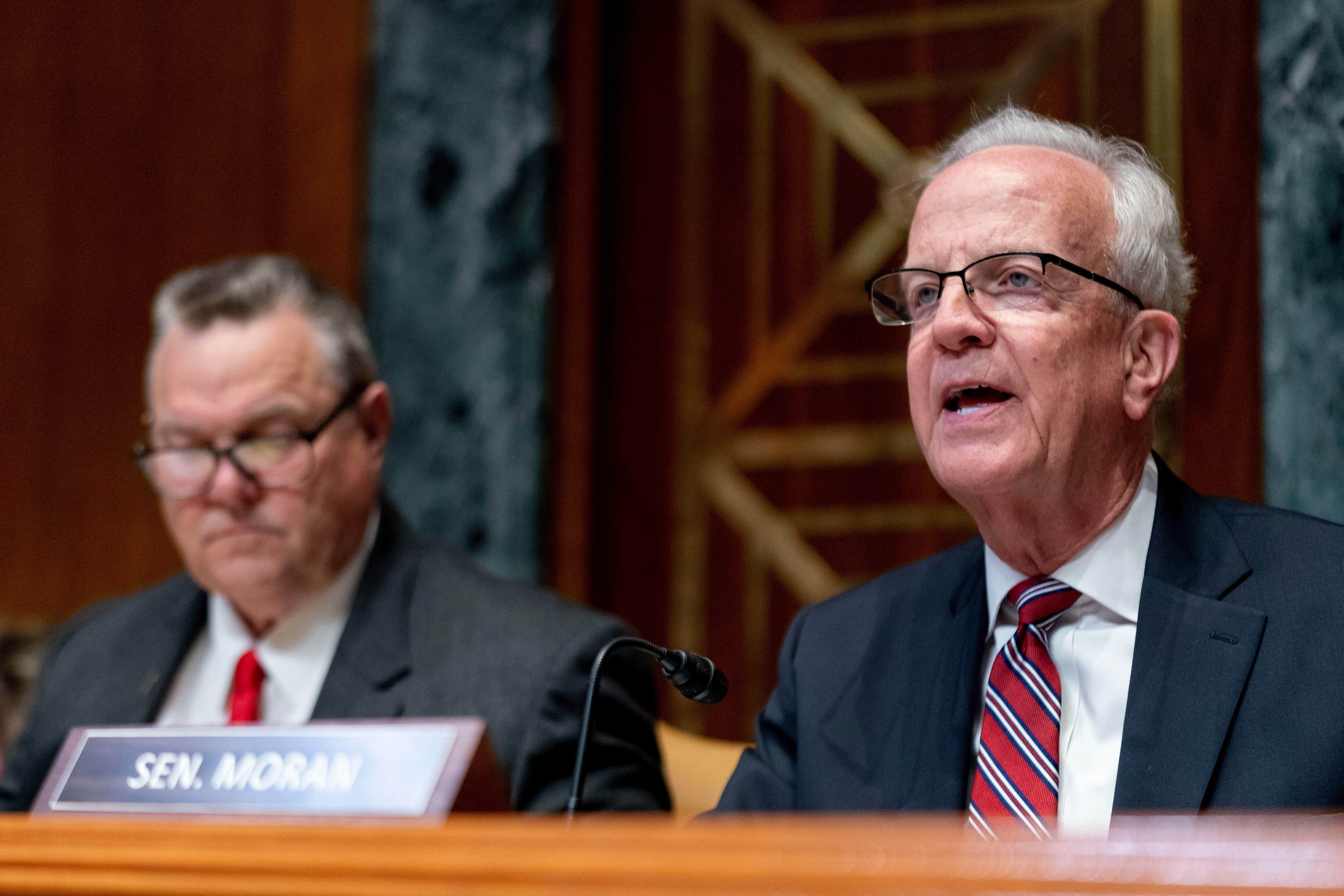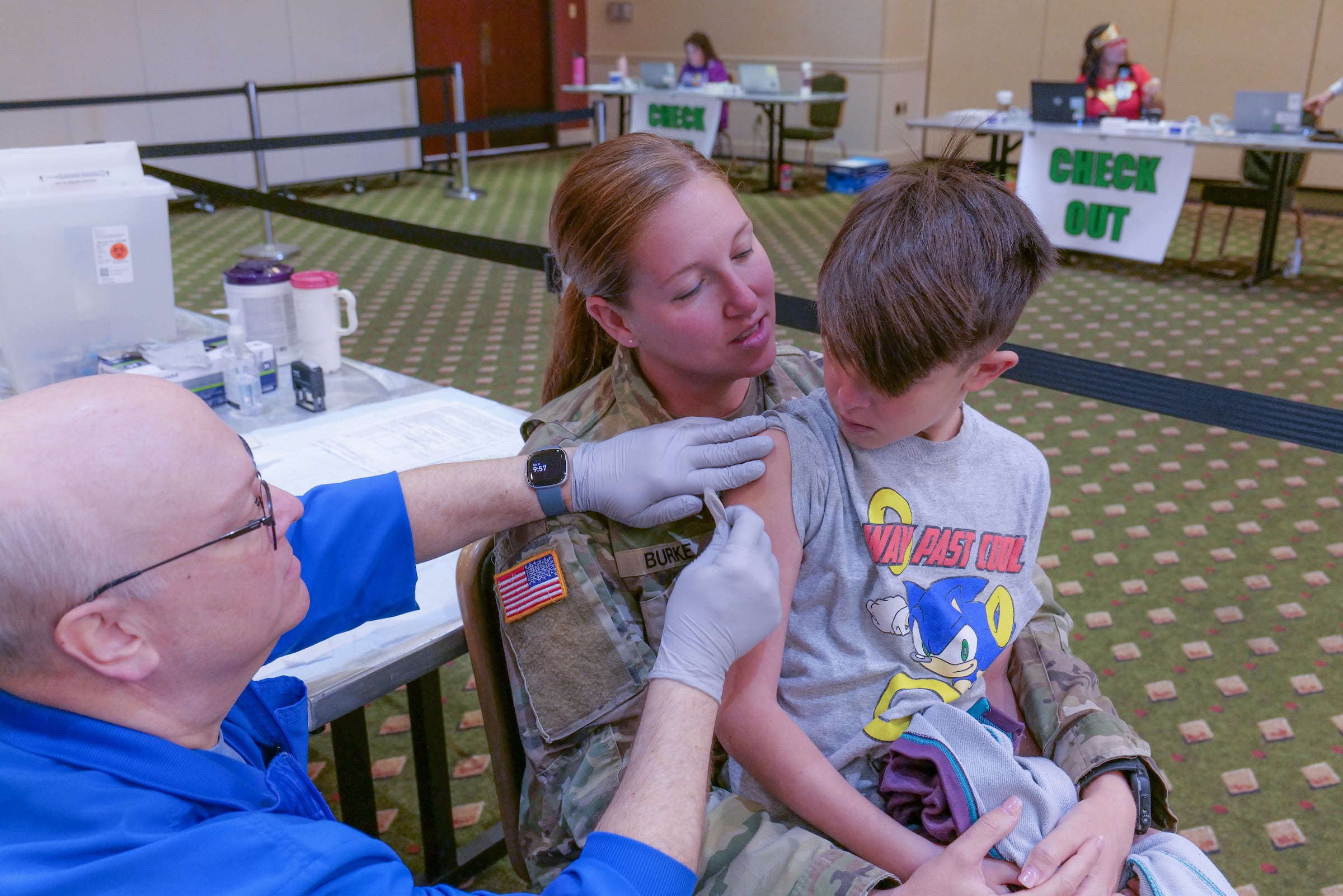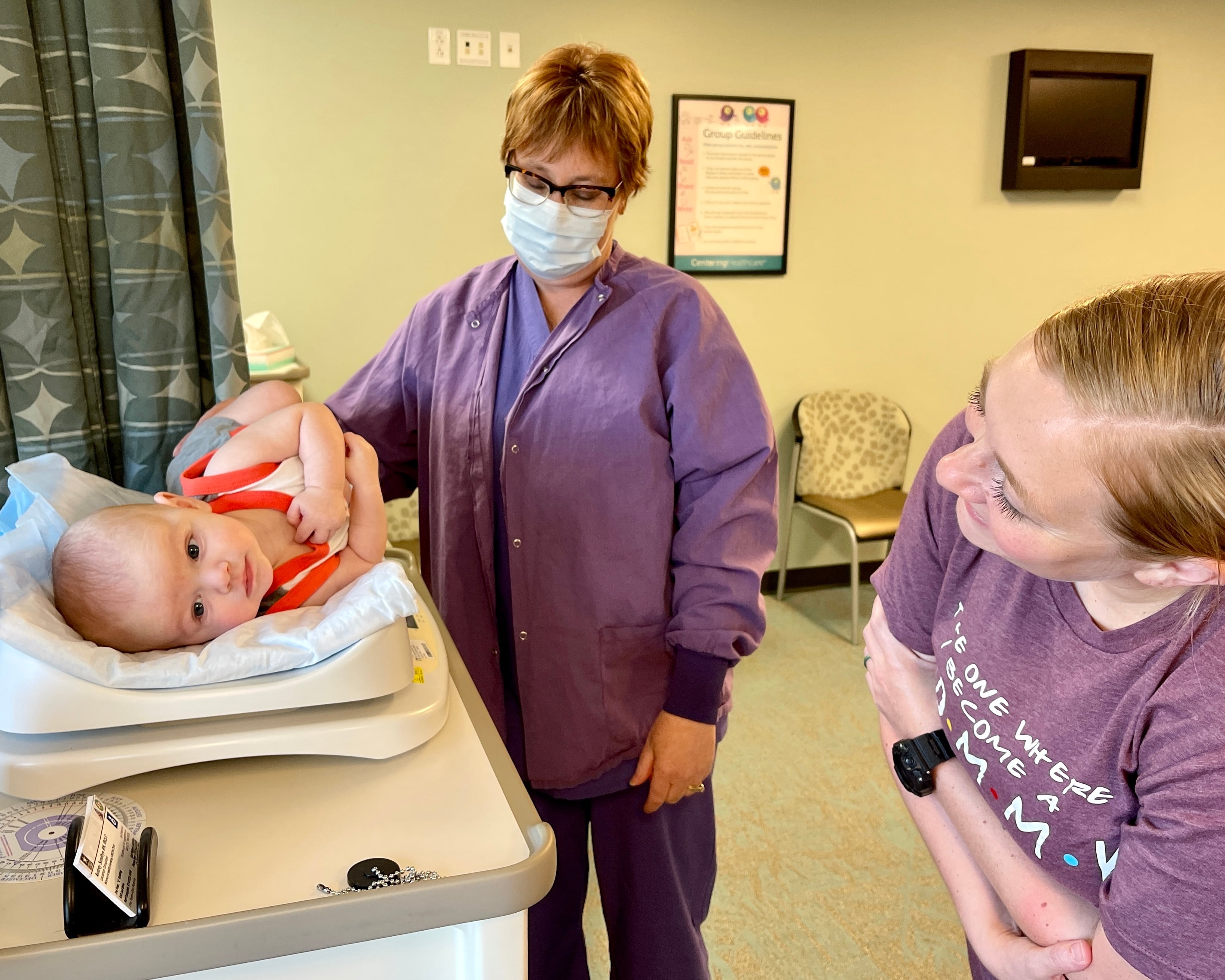The Senate Veterans’ Affairs Committee approved its version of a VA health care overhaul on Wednesday, including easier access for veterans to meet with private-sector doctors and a massive expansion of the department’s caregivers assistance programs.
But the cost of the measure — estimated initially at $54 billion over five years by the Congressional Budget Office — could prove problematic as the proposal winds through Congress.
The measure passed with a 13-1 vote, with only Sen. Jerry Moran, R-Kan., opposing the idea. He voiced concerns that the measure didn’t go far enough to open up community care programs to more veterans, leaving most of them stuck in VA-managed care still.
The Caring for Our Veterans Act closely follows legislation proposed by VA officials earlier this fall. It would gradually sunset disparate outside care programs within the VA and replace them with a single community care program with fewer restrictions on which veterans can seek private-sector care.
VA physicians would remain the coordinator of veterans care, but individuals who face significant wait times, travel distances or hardships to reach VA facilities would be eligible to seek care outside the department’s system.
VA officials would also more easily be able to enter into partnerships with community health care providers to create a broader network of options for veterans. Veterans who have used VA care within the previous two years would also have two walk-in visits at any private-sector practice without a co-pay, even without prior approval from the department.
It includes language “removing barriers” for telemedicine and hiring of health care professionals within the bureaucracy.
And it also includes $3 billion in bridge funding for the existing VA Choice program — which allows outside care options for veterans who live 40 miles from a department medical center or face a 30-day wait for appointments — and another $1 billion for improvements to existing VA health care programs.
Bill sponsor and committee Chairman Sen. Johnny Isakson, R-Ga., praised the measure as much-needed reforms.
“By giving veterans the option of seeking care when and where it makes the most sense for their individual needs, we are creating a force multiplier for the VA to better utilize its resources and provide even better care to veterans,” he said.
But like Moran, outside conservative groups have pushed lawmakers to go even further. Moran said after the committee vote he could not support the plan because it still leaves too many veterans trapped in the current VA system, and pouring more money into VA-based care will hurt efforts to modernize veterans care.
Already, nearly one-third of medical appointments funded by VA take place outside of the department’s medical system. Critics have argued veterans should have an even freer hand in where they receive medical care, but supporters of the current system argue money is better spent improving department facilities and staffing instead of shifting funding to the private sector.
Isakson’s bill received support from all of the Democrats on the committee, despite concerns from several about creeping threats of “privatization” of VA responsibilities.
The cost of the measure is likely to become another stumbling block as the measure moves ahead in coming days.
A similar measure under consideration at the House Veterans’ Affairs Committee — which would expand community care programs but not as much as the VA and Senate plans — has already received some criticism for its five-year price tag of $39 billion.
Iskason said he is unconcerned. “We always find money for our veterans.”
Adding to the bigger Senate cost is a provision to extend the current VA caregivers benefit to veterans of all eras. Currently, a monthly stipend for family or friends who provide full-time care to infirm veterans is available only those who served during the post-Sept. 11 era.
VA Secretary David Shulkin has said repeatedly he wants to expand that to include older veterans too, but doing so will require congressional approval and new appropriations.
The Senate committee’s bill puts the cost at $3.4 billion over the next five years. If passed, it would immediately provide assistance to caregivers of veterans injured before May 1975, then expand the program to include those hurt from May 1975 to September 2001 two years after officials certify they have put in place new systems to improve the program.
Similar efforts to expand the benefit have run into challenges with both chambers’ leaders, because of the costs. Lawmakers are currently debating a host of tax cuts that outside experts say could significantly add to the federal deficit, potentially making new program spending even more problematic in years to come.
Neither House nor Senate committee officials have announced a timetable for bringing their measures to the chamber floors.
If neither plan advances quickly, lawmakers will have to find an alternative vehicle for the Choice program funds, which are expected to run out near the end of 2017.
Leo covers Congress, Veterans Affairs and the White House for Military Times. He has covered Washington, D.C. since 2004, focusing on military personnel and veterans policies. His work has earned numerous honors, including a 2009 Polk award, a 2010 National Headliner Award, the IAVA Leadership in Journalism award and the VFW News Media award.

